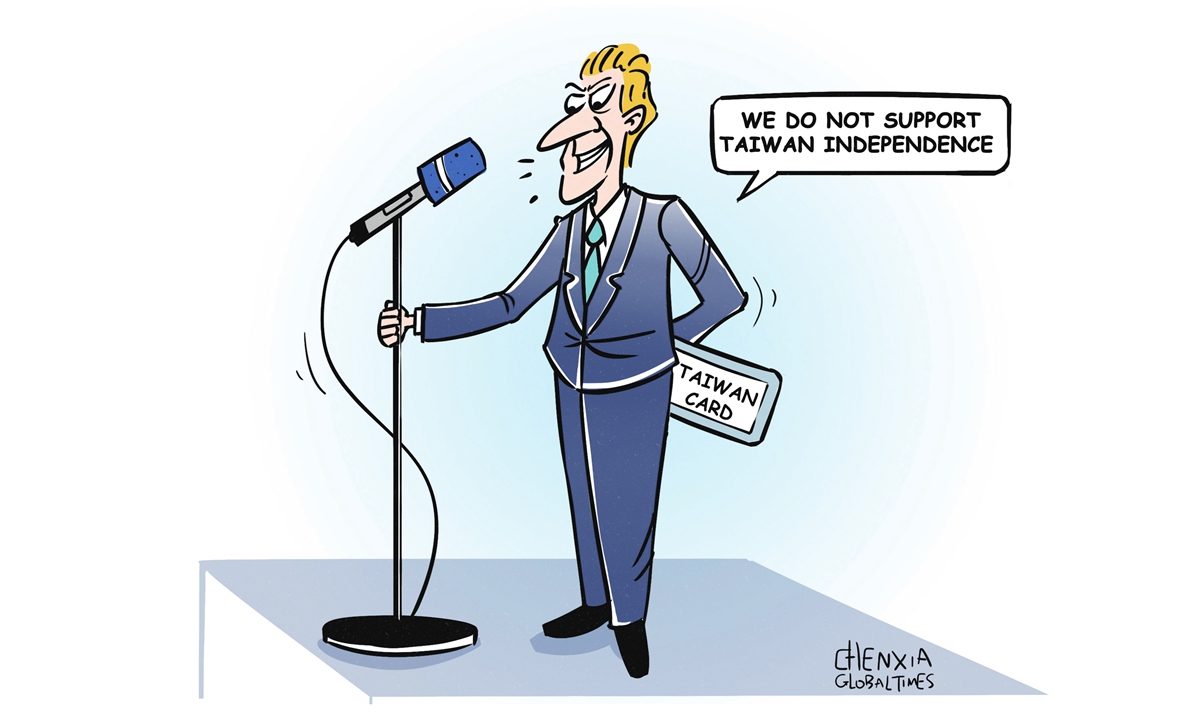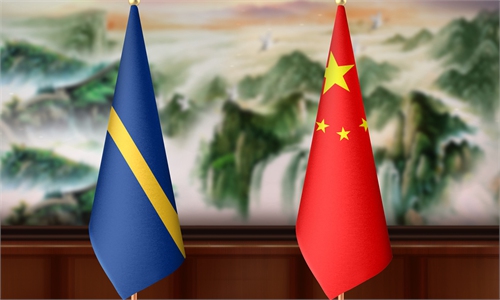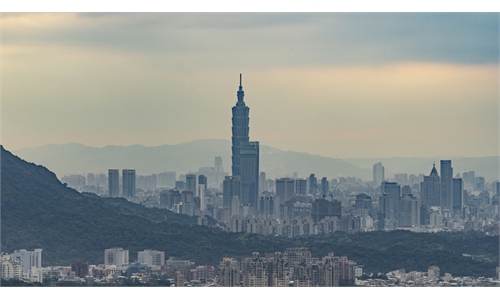
Illustration: Chen Xia/GT
Chen Binhua, a spokesperson for the State Council Taiwan Affairs Office, on Saturday commented on the outcomes of Taiwan regional election, saying that "The results reveal that the Democratic Progressive Party cannot represent the mainstream public opinion on the island," he said.
After the victory of Lai Ching-te from the Democratic Progressive Party (DPP), some countries, including the US and Japan, offered congratulations to him. However, Lai's win will not in any way increase the US and the West's leverage in containing China. Instead, it will become a nightmare for them. Some US and Western forces naively believe that Lai, who advocates "Taiwan independence," will create more trouble for the Chinese mainland, and this will help them play the "Taiwan card" in the strategic competition with China. As a result, they expressed their congratulations to Lai, with former senior officials from the US and politicians from Japan visiting the island of Taiwan to "strengthen communication."
It is true that Lai's victory could mean more risks for cross-Straits relations, but it does not mean that the US and the West can benefit from it. The more verbal support they give to the island of Taiwan, the closer it is to become a "sacrificed chess piece." The Taiwan question is at the very core of China's core interests, and there is absolutely no possibility or room for concessions. The US and the West have always believed that they can completely control Taiwan's politics and political figures, but Lai is by no means "completely controllable." In fact, Lai's political personality has never been compromising, but extremely conservative and stubborn.
That's the reason why the Eurasia Group, a global political risk consulting organization, describes Lai as one of "America's dangerous friends." The US and the West have proclaimed their adherence to the one-China policy and publicly pledged not to support "Taiwan independence," which is in line with their strategic interests. Now, congratulating Lai is undoubtedly a violation of their commitment. What's more, if Lai, who claims to be a "pragmatic worker for Taiwan independence," treads on the bottom line of the mainland, it is bound to trigger tensions in the Taiwan Straits.
Chen, the spokesperson, also stressed that the election will not change the basic landscape and development trend of cross-Straits relations, will not alter the shared aspiration of compatriots across the Taiwan Straits to forge closer ties, and will not impede the inevitable trend of China's reunification.
Lai's election in no way shows that the mainstream public opinion on the island of Taiwan is "pro-independence," and his election is also definitely not a victory of "democracy over authoritarianism." Lai has been clamoring for Taiwan region to be on the front line of the fight against "authoritarianism" and stand side by side with "the democratic camp." In fact, this is just a "delicate packaging" by Lai who openly advocates "Taiwan independence." The DPP's rule on the island over the past eight years has been described by the Taiwan people as "green terror," as green is the color of the party. The DPP has forcibly shut down the CTiTV news station which is not in line with its political stance. It has also completed five "national security-related laws" and enacted the "Anti-Infiltration Act" to suppress cross-Straits people-to-people exchanges. All of these moves should not occur in a so-called democratic society. The increased seats of the Kuomintang and the Taiwan People's Party in the island's "legislature" compared to the last election are a reflection by the Taiwan people on the fact that over the years the DPP's absolute power has led to absolute corruption and abuse of power.
Zhang Hua is a research fellow at the Institute of Taiwan Studies of the Chinese Academy of Social Sciences. Zhang Qiru is a professor at the School of Marxism at Shandong University. opinion@globaltimes.com.cn


